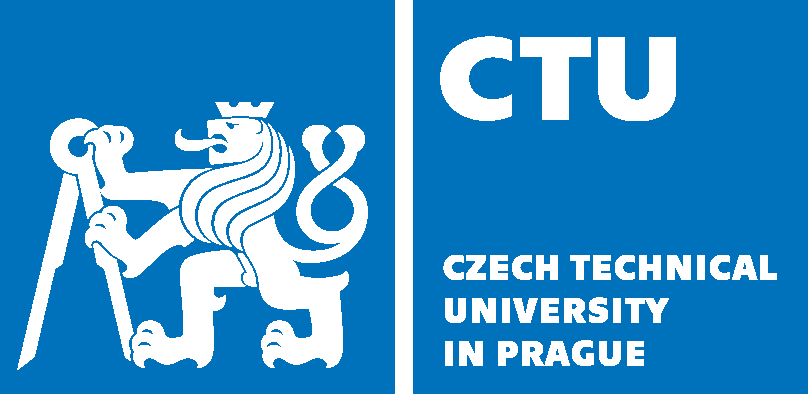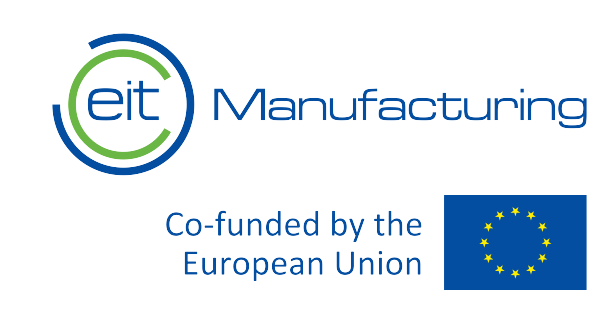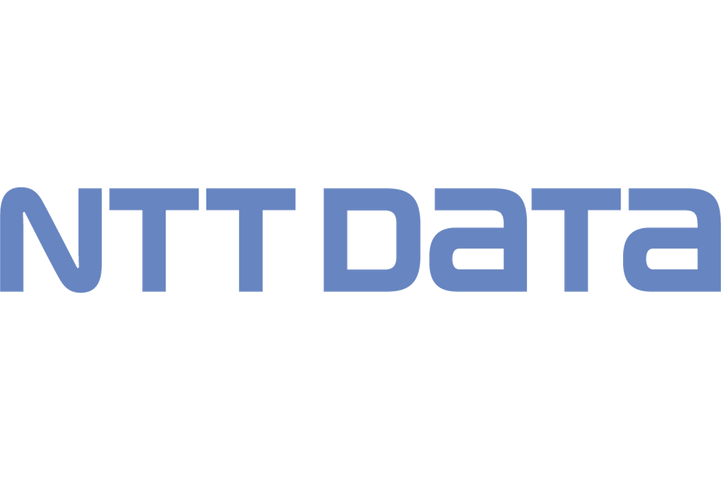10 May 2022 | 9:00 – 17:30 CEST
We proudly invite you to the Theme Development Workshop organised by the ICT-48 VISION project in cooperation with other partners. RICAIP has been invited to be an active member of this TDW organising committee.
Within this TDW programme, RICAIP will be presented by the one of the members of the RICAIP Steering Committee, Prof. Vladimír Mařík (CIIRC CTU), as well as by Prof. Dr. Wolfgang Wahlster (DFKI GmbH) who has been behind the idea of RICAIP since its inception.
Prof. Wahlster will present Industrial AI for the Next Decade of Industry 4.0 and Prof. Mařík will introduce AI Ecosystem Supporting Industry 4.0.


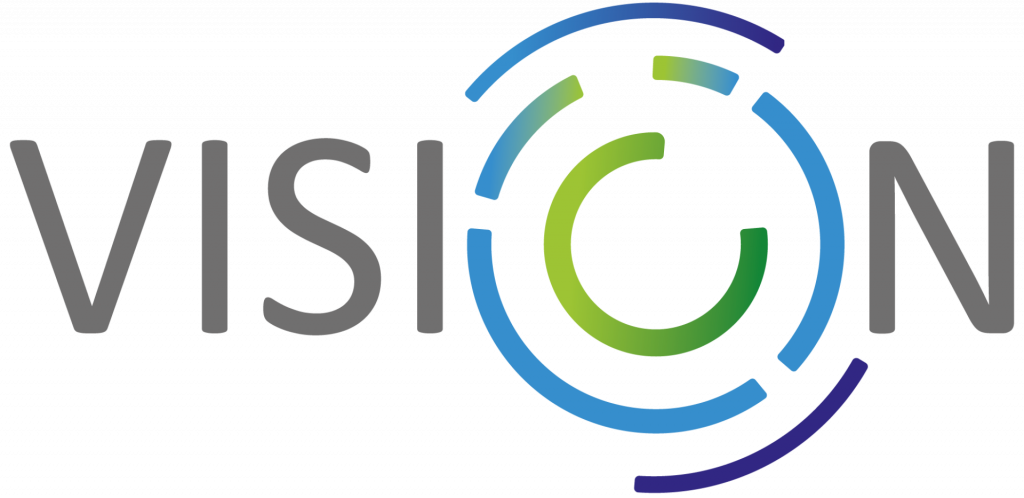
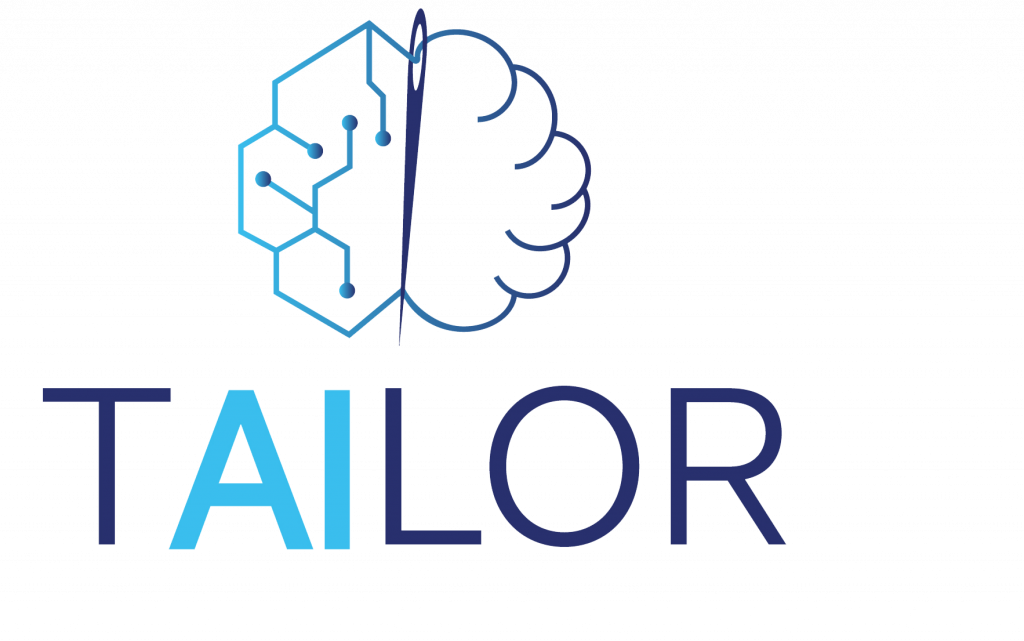
Programme
The workshop will be held online with a mixed programme of presentations and in-depth discussions about specific sub-topics in smaller groups (Breakout sessions). This gives you the opportunity to discuss with selected experts and contribute to the strategic research and innovation agenda for AI in Europe.
Part 1
| 9:00 – 9:15 | Welcome & Objectives |
| 09:15 – 09:35 | Industrial AI for the Next Decade of Industry 4.0 – Prof. Dr. Wolfgang Wahlster DFKI GmbH |
| 09:35 – 09:50 | Benefits of Trustworthy AI in Manufacturing – Dr. Georg Schneider AI Tech Center / ZF Group |
| 09:50 – 10:00 | Coffee Break & Socialising |
| 10:00 – 11:30 | Parallel Breakout sessions |
| 11:30 – 12:30 | Plenary presentation of key findings from the Breakout sessions |
| 12:30 – 13:30 | Lunch break & Socialising |
Part 2
| 13:30 – 13:45 | AI Ecosystem Supporting Industry 4.0 Prof. Vladimír Mařík Czech Institute of Informatics, Robotics and Cybernetics (CIIRC TU) |
| 13:45 – 14:00 | Importance of Explainable AI for Industry Sanjit Shewale ABB Process Industries |
| 14:00 – 15:30 | Parallel Breakout sessions |
| 15:30 – 15:45 | Coffee Break & Socialising |
| 15:45 – 16:45 | Plenary presentation of key findings from the Breakout sessions |
| 16:45 – 17:30 | Closing & Socialising |
Breakout sessions
- Trustworthy AI in Future Manufacturing
With this session, we would like to initially define the strategic challenges and derive relevant major topics and industrial applications where it is critical that the AI is trustworthy. - Federated Learning for Future Manufacturing
This session addresses the challenge of training AI models without giving up data sovereignty. What are approaches to share models instead of data? - Human-Robot and Human-Machine Interaction in Manufacturing Processes
This session aims to identify ways to realise partly automated processes or to stabilise highly automated processes through smart dialogue systems that incorporate and combine a plethora of different interaction methods in Human-Robot or Humane- Machine interaction. - Optimizing assembly components
Operators often struggle in finding the best combination of groups of parts before the assembly based on their experience. This session is about simulation approaches to find the best combination of groups of parts before the assembly. - Retrofitting of AI
We bring a lot of AI into the production processes as well as machines. But how will AI react in the future react when new sensors will be included, new machinery being brought in or if software upgrades are getting installed? Will there arise a need to retrofit or updated everything? - AI in product development
This breakout session deals with the use of Data for development and construction of products by adjusting materials, measurements according to the need and best results from the manufacturing processes, e.g., to enhance the design of products. - Smart Manufacturing for Space Applications
This breakout session focuses on the challenges and opportunities for AI that arise in manufacturing in the context of Space exploration and Earth observation.
We invite the community to suggest further topics of interest for the breakout sessions. Please use the online application form for your suggestions.
- AI in Digital Factories
AI-intensive systems share a lot of data, whilst their algorithms consume data, build models and use these models to produce new data. AI thrives the need for trusted, interoperable data spaces as it enables new forms of business and research opportunities. - Industrial applications of Explainable AI
AI-intensive systems share a lot of data, whilst their algorithms consume data, build models and use these models to produce new data. AI thrives the need for trusted, interoperable data spaces as it enables new forms of business and research opportunities. - Optimization and Machine Learning for Better Manufacturing Processes
This breakout session will discuss what the obstacles and challenges for the implementation of advanced methods combining Optimisation and Machine Learning in manufacturing companies are. - Zero Defect Manufacturing
This breakout session deals with AI technology methods like data-based modelling to detect out-of-control (OOC) states in classical Statistical Process Control (SPC) from in- process data enabling continuous monitoring and earlier detection of problems with a simultaneous reduction or near elimination of expensive post-process quality inspection. - Psychological approach for data labelling
This breakout session will discuss sustainable approaches in combining psychology with elements of labelling technologies to ensure high data quality (standardization) which is needed to apply AI in manufacturing. - Reality independent AI
This breakout session will address the question of how the potential of digital twins with synthetic data can be uncovered in image data (e.g. for AI quality inspection or object recognition) for manufacturing. - Democratising AI
The aim of this breakout session is to uncover who is already able to use AI in manufacturing and whether only large companies or also smaller companies benefit from the use of AI and if both parties also benefit from each other and exchange knowledge?
Theme Development Workshops cut across multiple ICT-48 Networks of AI Excellence Centres while bringing together researchers, industry representatives, and other stakeholders to identify industry trends and needs and match these to AI capabilities in Europe.
TDWs are co-organised by the VISION project in close cooperation with the TAILOR and HumanE-AI-Net projects as well as with CLAIRE AISBL.
Organising Committee


